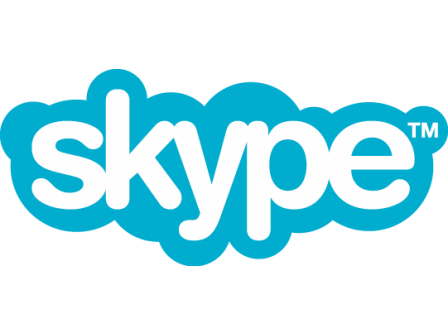
Skype has finally explained why it denied millions of users access to its peer-to-peer internet phone service last week. The problem - somewhat unbelievably - stems from the fact that millions of Skype users all rebooted their computers after Windows Update made some patches available on Thursday 16 January. But that wasn't what the company said first.
Writing on the company's blog, company spokesman Villu Arak said at 5.35am today:
"The disruption was initiated by a massive restart of our user's computers across the globe within a very short timeframe as they re-booted after receiving a routine software update."
Then, at 11.45am it was changed: "The disruption was triggered by a massive restart of our users' computers across the globe within a very short timeframe as they re-booted after receiving a routine set of patches through Windows Update."
The thing that perplexes us about this is that the last batch of Windows Updates were rolled out last Tuesday. So why would it take until Thursday for the following to be the case? "The abnormally high number of restarts affected Skype's network resources. This caused a flood of login requests, which, combined with the lack of peer-to-peer network resources, prompted a chain reaction that had a critical impact."
Arak goes on to explain that Skype's network normally has the ability to self-heal, but the mass restart also revealed a previously hidden software bug that stopped this from happening.
"Regrettably, as a result of this disruption, Skype was unavailable to the majority of its users for approximately two days," Arak says.
Get daily insight, inspiration and deals in your inbox
Sign up for breaking news, reviews, opinion, top tech deals, and more.
Technically resilient
Arak says the problem was of Skype's own making, and nothing to do with "malicious activities". He says users' security has not been compromised. Arak finishes off by saying:
"We are very proud that over the four years of its operation, Skype has provided a technically resilient communications tool to millions of people worldwide. Skype has now identified and already introduced a number of improvements to its software to ensure that our users will not be similarly affected in the unlikely possibility of this combination of events recurring.
"The Skype community of users has been incredibly supportive and we are very grateful for all their good wishes."